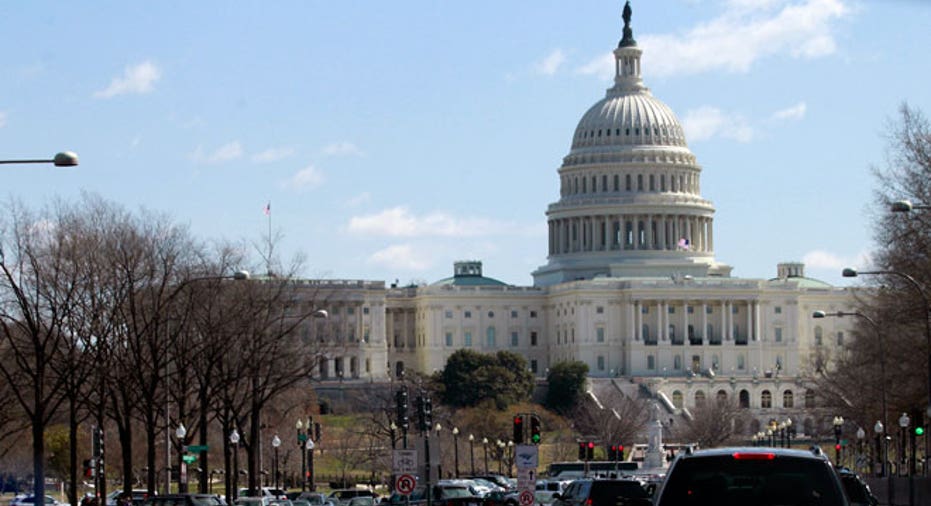Debt-Ceiling Deal Is No Reason for Small Biz to Celebrate

Thanks to an 11th hour agreement in Congress that prevented the U.S. from going into default on its debts last week, government employees have gone back to work and the debt ceiling has been raised temporarily. There were no clear winners in this battle. But there were losses.
First, there was a loss of faith in U.S. economy globally, as Fitch considered lowering the credit rating of U.S. debt. Next, there was a loss of confidence for small business owners and consumers alike.
According to economists at IHS Global Insight, the loss of government services during the three-week federal shutdown lowered GDP by $3.1 billion. Further, economists at Standard & Poor’s are estimating the total cost to the economy could be up to $24 billion.
Private sector businesses certainly lost. An estimated $93 million in SBA-backed loans are typically processed each day, and all were on hold during the shutdown. In my estimation, it may take months to overcome the backlog. Meanwhile, startups and growing businesses in need of capital remain in a state of limbo.
Prior to the government shutdown, few Americans would bemoan the closing of the IRS. However, most small business loan officers insist on IRS verification of tax filing information. Lenders won't just take your word or a photocopy of your return anymore. Many companies put their expansion plans on hold. Others missed out on deals or were forced to take high interest money from alternative lenders in order to close business deals. Some companies cut back on staff as businesses that rely on government contracts, national parks and monuments, and the spending of government employees saw their revenues drop significantly.
Was any of this necessary?
I agree that there is an abundance of wasteful spending and the U.S. budget must be streamlined. If this budget battle stimulates debate on examining government spending, including some entitlement programs that are treated as sacred cows, then perhaps something positive will arise from this. That's a hard sell, however, for people who went without paychecks for three weeks and for small businesses that lost revenue during the shutdown. Many people fear that Congress's last minute budget deal simply "kicked the can down the road" and only delayed the same battles until January 15th (the date when federal spending approval ends) and February 7th (when the debt ceiling would have to be raised again). Certainly, better leadership is needed in Washington.
Memories can be short, but if we forget history, we risk repeating it. It took a long time for small business finance to recover from the debt-ceiling debate in the summer of 2011. Standard & Poor's downgraded U.S. debt, consumer confidence dropped, stock prices plummeted, and loan approval percentages dropped to their lowest point of the past three years, according to the Biz2Credit Small Business Lending Index historic chart. We cannot have this happen again at the start of 2014 if we want the economy to grow.
Rohit Arora is co-founder and CEO of Biz2Credit, an online resource that connects 1.6 million small business owners with 1,200+ lenders, credit rating agencies and service providers such as CPAs and attorneys via its Internet platform. Since 2007, Biz2Credit has secured more than $1 billion in funding for small businesses across the U.S.



















